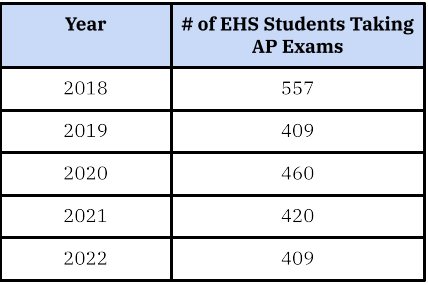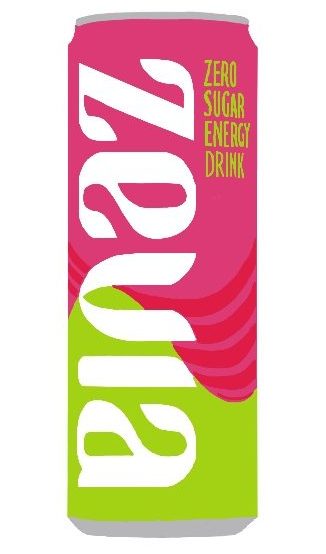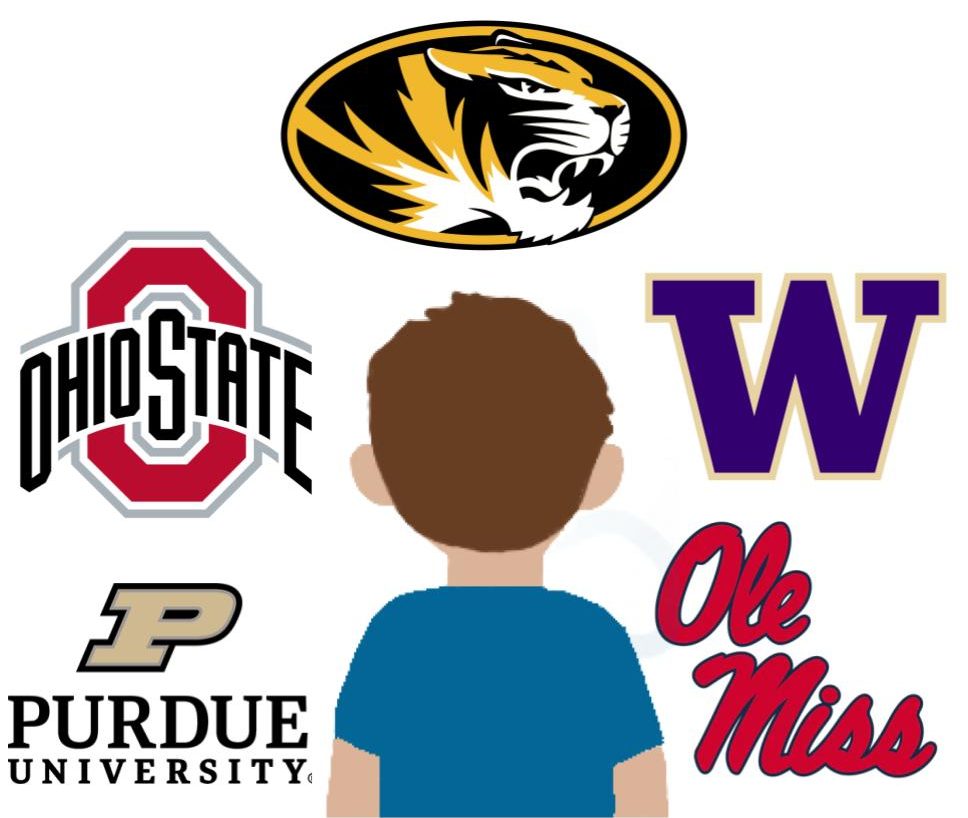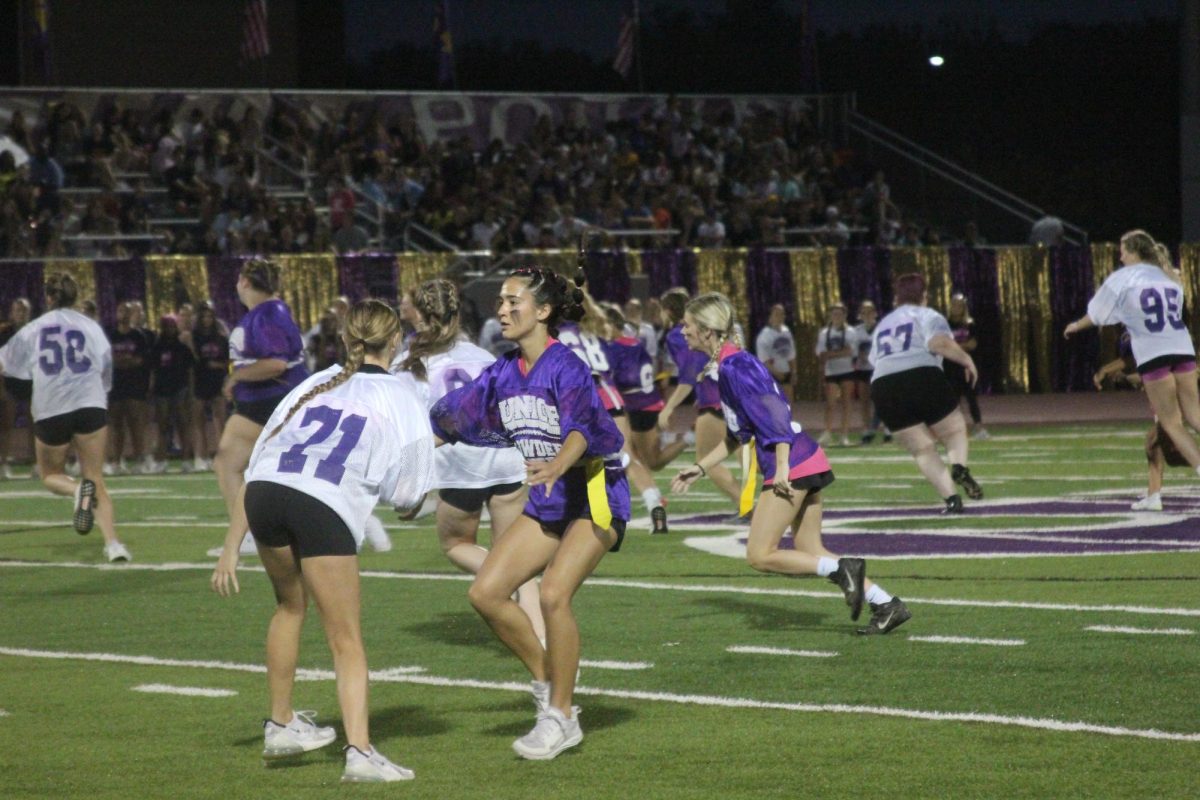
Rumors have been spreading of a recent academic decline going on at Eureka. Comments from teachers such as, “Past years had more finals than you” and “Last year didn’t struggle to understand this concept as much” have become increasingly common. So, what’s the reason for all these comments? Are the rumors that younger classes perform worse academically true?
At first glance, you could easily say the opposite. In 2016, 16% of the graduating class had a GPA average of 4.0 or higher and the average GPA was 3.17. Compare that to the graduating class of 2024, and 18% have a GPA of 4.0 or higher.
But GPA isn’t everything. Too often, GPA is regarded as the end-all, be-all when considering how intelligent someone is. However, this belief is deeply flawed because, while our average GPA is increasing, our average ACT and AP exam scores are dropping each year.
In our culture, it has become increasingly obvious that people value a good grade over knowledge. Many students prefer to take a less difficult class and get an easy A rather than challenging themselves with a higher-level class. When looking at it surface-level, it makes sense. Could taking a harder class mean you struggle? Yes. Could you get a lower grade than an A? Yes. But is that ok? Unpopular opinion: absolutely.
Unfortunately, this lack of academic motivation and rigor is the root of the adverse effects on Eureka’s academic success, such as the dropping of overall ACT scores. This is not to say that everyone needs to fill their schedule with all AP and weighted classes. However, challenging yourself to learn and do more than the bare minimum is beneficial and necessary.
“The declining rigor or just the lack of the rigorous classes that some people are choosing to take kind of leads to a decreasing ACT because if you’re not taking these higher level courses and learning to read, write, and to think in certain ways, it’s not going to play out well on a test,” Eureka High Schools College Career Specialist Jeffrey Buckman said.
This decreased academic rigor and challenge has also affected AP testing. In 2018, 557 students took AP exams. Compare that to 2022 where only 409 students took AP exams. But it’s not just the number of exams decreasing.
Math department chair Michael Hanna has noticed that the number of students taking these AP classes has also been decreasing. “Over the years, we’ve had upwards of four AP statistics classes, and that number has declined down to about one,” Hanna said.
Because of this lack of motivation, many students are not taking advantage of one of the greatest opportunities Eureka offers to us: the chance to get college credit at a much cheaper price and with more individualized teaching. So why would students turn down this opportunity? Because it’s harder? Because you might have to study? Because you don’t think you would do great on the exam?
“I wouldn’t mind if our score dropped a little bit in terms of all of our students’ average if we encourage more kids to stick with it [AP statistics]. I think I’d be happier with that result,” Hanna said.
Teachers want students to take these AP classes so they learn to study, struggle and get help when needed so that they can enter both college and life with these essential life skills.
“It’s okay to struggle. But we as a society are telling ourselves it’s not okay to struggle,” Buckman said. “However, sitting in an AP class, honors class, a challenge class, or whatever is a good thing.”
While it may be normalized and tempting to take easier classes in exchange for a better grade, taking harder classes and learning to persevere
through difficulties will better equip you for the future.
“We have to learn to not give up when there is a problem,” Buckman said. “Instead, think about how to solve it, because that process is going to help you down the road. Instead of giving up and saying I quit, it’s too hard, whatever, power through. That’s where having a challenge in a class or even getting a bad grade in classes is helpful in the long run.”
Today culture has deceived us that a higher GPA from easier classes is more beneficial than a lower GPA from harder classes because that is where higher-level learning happens. So, the next time you go to sign up for classes, I implore you to challenge yourself by taking a class that will push you to the next level.














